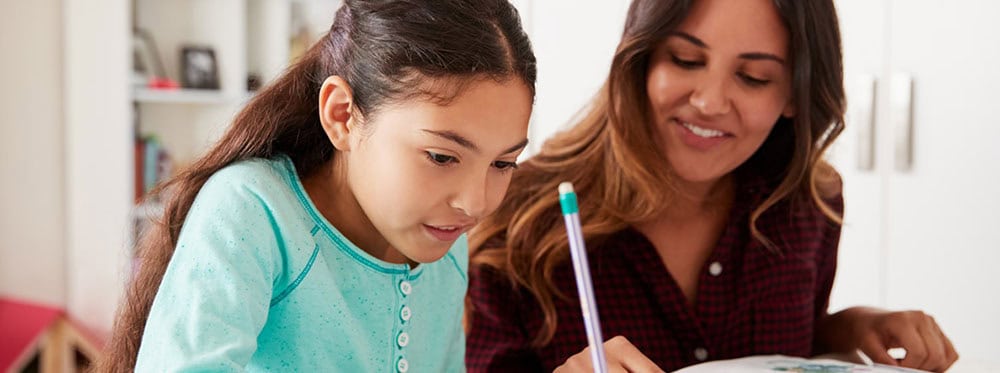Home schooling has become a hot topic lately. Some parents want their kids to get a better education at home, while others don’t see the point of spending time and money on school. What do you think?
Home schooling is becoming increasingly common. In fact, according to the National Center for Education Statistics in the United States, over 1.5 million students are currently enrolled in homeschool programs.
Home schooling is often confused with online schooling where students have a traditional schooling experience from home. There is also the related concept of distance learning or correspondence courses for students living too far from a traditional school.
While some parents believe homeschooling is a great way to educate children, others worry about the quality of education they receive. Homeschoolers often lack access to certain resources, such as books or teachers.
Some people also question whether homeschooling really provides an adequate education. The truth is that there isn’t enough research available to say one way or another if homeschooling is effective. However, studies have shown that homeschooled students tend to outperform public school students.
Home schooling methods
There are several different ways that homeschooling can be done. Here are just a few:
Informal learning, unschooling or natural learning: This type of schooling happens outside a set structure of learning and allows the student to learn from everyday, practical activities. Anything from planting a garden to baking a cake or even talking to a technician at work about the installation of new software can be considered informal learning.
Unit study: In this approach a variety of subjects like history, math, geography and so on are taught relating to one unit or concept. This approach is helpful when dealing with students of different academic abilities.
All-in-one curricula: In this approach parents buy a package that provides the same curricula and resources as students in a traditional school.
Autonomous learning: Like the name suggests, students study on their own in autonomous learning to develop more confidence and explore their interests.
Hybrid homeschooling or blended learning: Blended learning is a combination of offline (face-to-face, traditional learning) and online learning in a way that the one compliments the other. Unlike online school, students still attend physical schools with a teacher present. However, face-to-face classroom practices are combined with computer-mediated activities regarding content and delivery.
Can I home school my child?
If you’re considering homeschooling your child, it’s important to know what this option entails before making any decisions. Here are some things to consider when deciding whether homeschooling is right for you:
1. How much time will you need to devote to homeschooling?
2. Will you hire someone else to teach your child?
3. Do you plan to use a specific curriculum? If so, which one?
4. Are you concerned about the social aspect of schooling for your child?
How can CGA help?
Crimson Global Academy can provide the answers to all these questions and provide the help you need. CGA is a fully registered online high school that provides International GCSE, A Level and AP classes online for students aged 12-18. Students can also participate in a variety of extra curricular activities, coding classes and internships with CGA.
Crimson Global Academy is an international, global online high school that allows students to accelerate their studies based on their ability rather than age. Learn more here.
